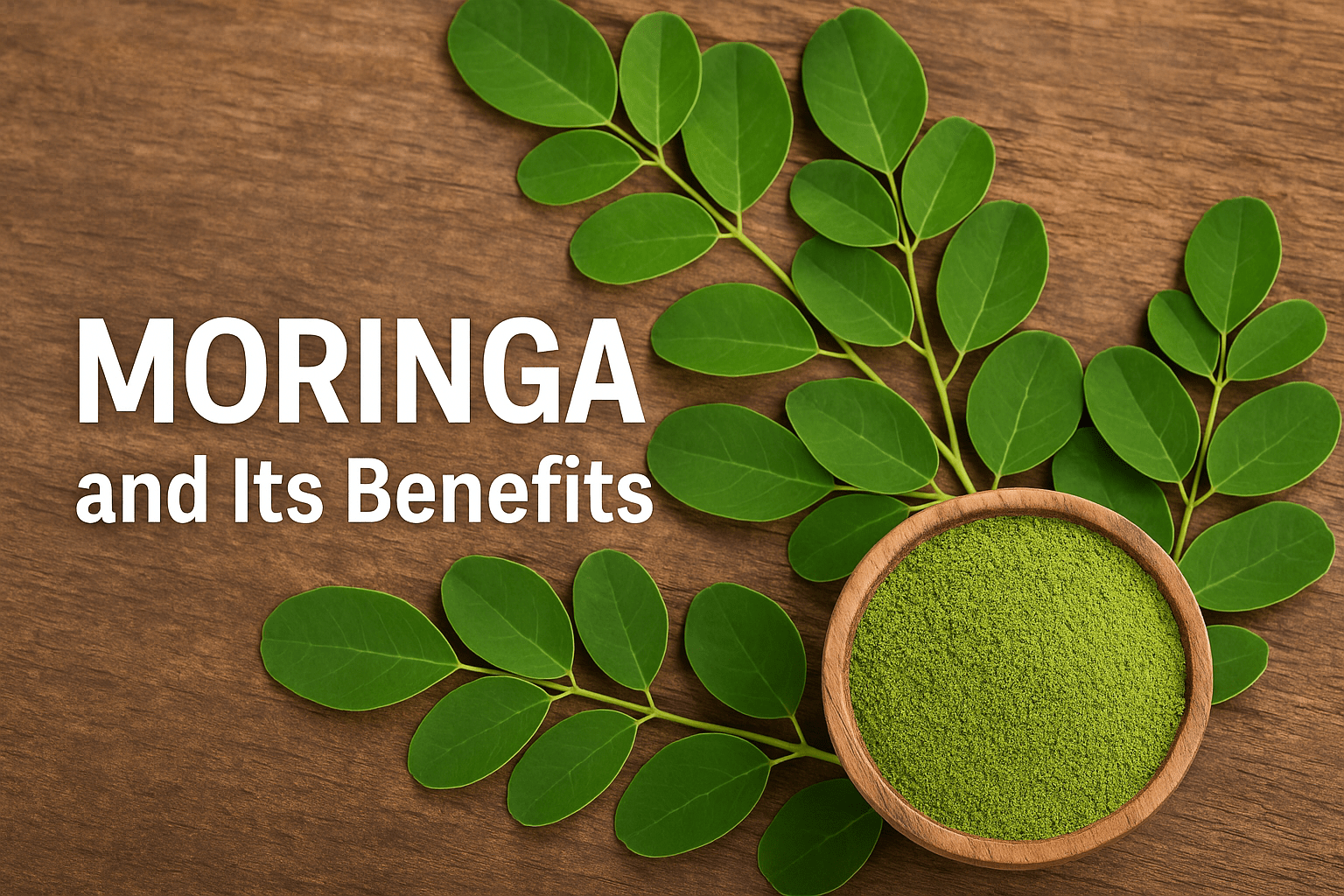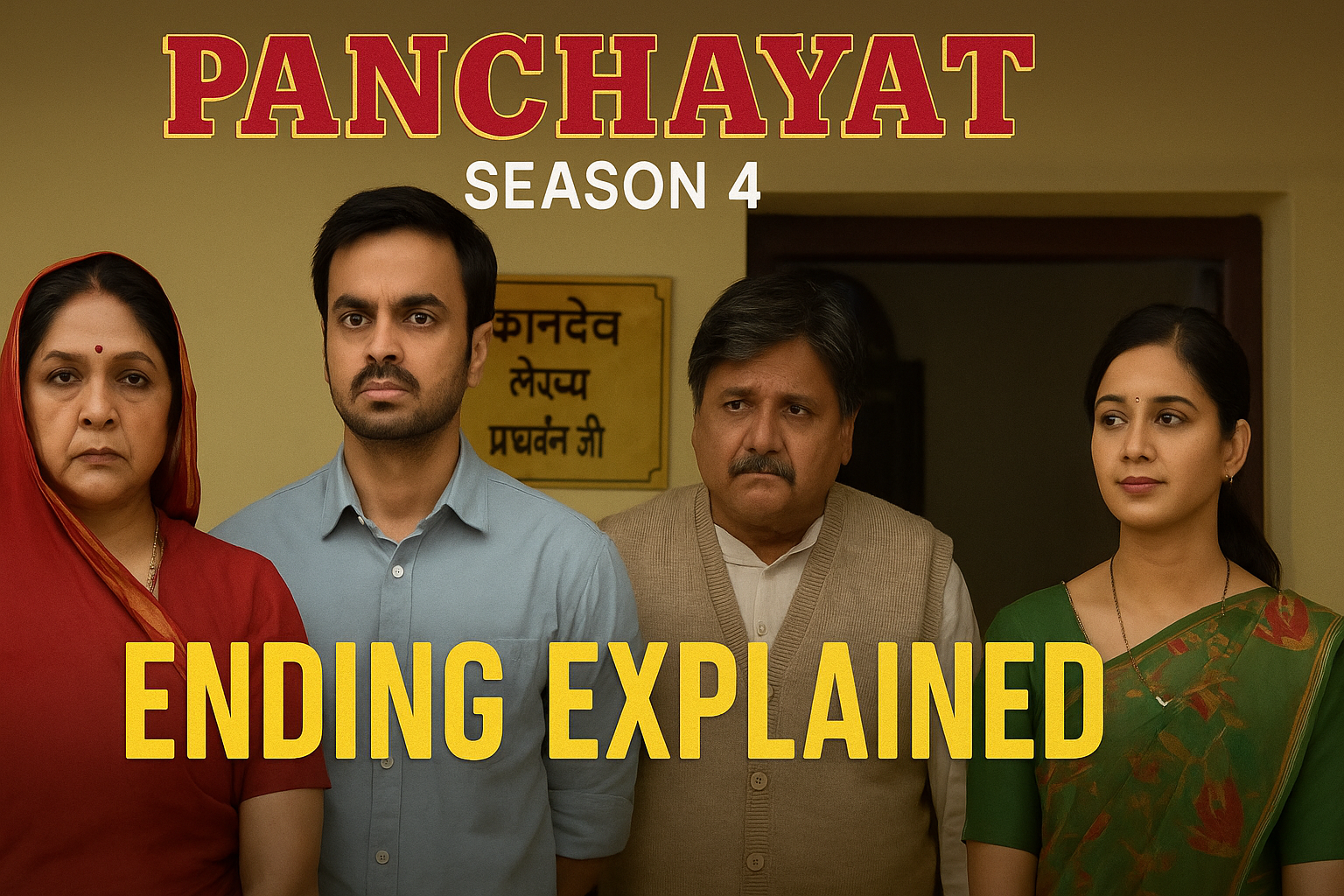In 2025, health-conscious people across India and the world are turning to natural, affordable alternatives to expensive supplements—and leading the way is moringa and its benefits. Known for centuries in Indian households as Sahjan or drumstick, moringa is now earning global fame as a superfood that delivers everything a multivitamin promises—naturally, and often more effectively.
Unlike multivitamin pills made in labs with synthetic ingredients, moringa comes straight from nature. It’s packed with real nutrients that your body can easily absorb. It has more vitamin C than oranges, more calcium than milk, and more iron than spinach. It also offers antioxidants, protein, and essential minerals—making it a complete plant-based source of daily nourishment.
One of the biggest advantages of moringa is its high bioavailability. That means your body absorbs the vitamins and minerals from moringa more efficiently than from synthetic pills. People who regularly consume moringa report stronger immunity, more energy, clearer skin, better digestion, and overall well-being. Multivitamins, on the other hand, often include additives or binders that reduce their effectiveness, and in some cases, even cause side effects like bloating or nausea.
Moringa and its benefits extend far beyond basic nutrition. It’s rich in antioxidants that protect your cells from damage, keeping you younger and healthier. It boosts immunity, thanks to its high vitamin A and C content, and helps the body fight off infections and inflammation naturally. Many women also find it helpful in balancing hormones and improving menstrual health. For those managing blood sugar, moringa has shown promising results in reducing glucose levels safely.
Another key benefit of moringa is that it supports healthy skin and hair. Its vitamin E and amino acids promote collagen production, leading to glowing skin and stronger hair. It also helps reduce acne, dryness, and signs of premature aging. While multivitamins may offer isolated nutrients for skin or hair, moringa provides a balanced, whole-food alternative without the need for synthetic combinations.
What makes moringa even more appealing is its affordability and ease of use. You don’t need to rely on capsules. Moringa can be added to your daily meals in simple ways. A teaspoon of moringa powder mixed into your smoothie, tea, or juice can deliver a powerful health boost. You can also cook with fresh moringa leaves, adding them to dal, curry, or soup just like spinach. For those who prefer quick options, moringa capsules are also available, though it’s best to choose pure, organic ones without fillers.
People often wonder whether moringa is safe to use daily. The answer is yes—for most healthy individuals. It’s safe when taken in moderate food amounts. However, pregnant women should avoid consuming bark or root extracts, and anyone with health conditions or on medications should consult a doctor before switching from their regular supplements.
In today’s world, where supplement shelves are filled with colorful bottles and bold claims, moringa and its benefits offer something refreshingly simple. It’s a plant. It’s natural. And it works. As more people move toward clean living, plant-based diets, and chemical-free health solutions, moringa fits right in. It’s not just a trend—it’s a timeless remedy supported by both ancient wisdom and modern science.
If you’re spending money on multivitamin tablets, consider giving moringa a try instead. It’s cheaper, easier to digest, and covers a wider range of health benefits. And most importantly, it works with your body—not against it.
What Is Moringa?
Moringa oleifera, commonly known as drumstick tree or Sahjan, is native to India and has been used in Ayurvedic medicine for over 5,000 years. Every part of the plant—leaves, pods, seeds, and even bark—is nutrient-dense and medicinal.
In modern nutrition, moringa and its benefits are now backed by science. It contains over 90 nutrients, 46 antioxidants, all 9 essential amino acids, and is rich in calcium, iron, magnesium, potassium, zinc, and vitamins A, C, and E.
No multivitamin capsule comes close to this natural combination.
Moringa vs Multivitamins: What’s the Difference?
| Aspect | Moringa (Natural) | Multivitamins (Synthetic) |
|---|---|---|
| Source | 100% plant-based from leaves, pods | Chemically synthesized in labs |
| Nutrient Absorption | High bioavailability | Often poor absorption due to binders |
| Side Effects | Minimal or none (when taken appropriately) | May cause nausea, constipation, liver stress |
| Antioxidants | Naturally present (quercetin, chlorophyll) | Mostly missing |
| Cost | Affordable and accessible | Often expensive and overmarketed |
How Moringa and Its Benefits Outperform Multivitamins
1. Rich in Bioavailable Nutrients
Unlike synthetic pills, moringa’s nutrients are naturally occurring and easily absorbed by the body. It provides:
- 7x more vitamin C than oranges
- 4x more calcium than milk
- 3x more potassium than bananas
- 25x more iron than spinach
2. Boosts Immunity Effectively
With high levels of antioxidants and vitamin C, moringa naturally strengthens your immune system and helps your body fight off infections, especially during seasonal changes or pollution-heavy periods.
3. Supports Skin, Hair & Nails
Thanks to its abundance of vitamins A and E, moringa enhances skin glow, reduces wrinkles, clears acne, and strengthens hair from the roots. Unlike multivitamins that often target one function, moringa nourishes holistically.
4. Reduces Fatigue and Boosts Energy
Moringa contains iron, magnesium, and B vitamins which support oxygen circulation and energy metabolism. It provides sustained energy without caffeine, sugar, or crashes.
5. Balances Hormones and Blood Sugar
Studies show moringa helps regulate estrogen levels in women, reduce PMS symptoms, and control blood sugar levels in diabetics—benefits multivitamins typically don’t offer directly.
Backed by Science
In 2025, moringa isn’t just a trend—it’s a research-backed wellness solution. Multiple studies from Indian and international institutions confirm its:
- Anti-inflammatory properties
- Blood pressure regulating compounds
- Antioxidant and detoxifying effects
- Cancer-preventive phytochemicals
In contrast, multivitamin studies have shown mixed results and sometimes no benefit at all unless someone is severely deficient.
How to Take Moringa for Maximum Benefits
You don’t need pills. You need a simple green solution:
- Add moringa powder to smoothies, soups, or juices
- Brew moringa tea in the morning for detox and energy
- Sprinkle fresh moringa leaves into dals, sabzis, or chutneys
- Use moringa capsules if you prefer quick supplementation (check purity)
Recommended dosage: 1–2 teaspoons of powder daily or as advised by your doctor.
Is Moringa Safe for Everyone?
Yes—for most people. Moringa is generally well-tolerated when consumed in food amounts. However:
- Pregnant women should avoid bark/root extracts
- People with low blood pressure should monitor usage
- Always consult your doctor before switching from prescribed multivitamins
Final Thoughts: Go Natural, Go Moringa
Moringa and its benefits are real, powerful, and rooted in nature. In a world full of synthetic shortcuts and expensive supplements, this ancient Indian superfood proves that going natural is often the smartest, safest, and most effective choice.
Instead of popping a pill, why not trust a plant that offers more—with fewer risks?
In 2025, health-conscious Indians and global wellness communities are making the switch. Are you next?
Frequently Asked Questions (FAQs)
Q1. Can I replace my multivitamin with moringa?
If you’re healthy and eat a balanced diet, yes. Moringa can provide more nutrients than a typical multivitamin.
Q2. Does moringa help with hair and skin health?
Absolutely. Its vitamin A and E content help in collagen production, skin repair, and hair growth.
Q3. Is moringa good for children?
Yes, in moderate food amounts. Always consult a pediatrician before giving supplements.
Q4. How long does it take to see results from moringa?
Many users report improved energy and digestion within a week. Skin and hormonal balance may take 3–4 weeks.
Q5. Where can I buy good quality moringa powder?
Look for organic, lab-tested brands without fillers. Always read labels before buying.
Q6. Can I take moringa on an empty stomach?
Yes, you can. In fact, many people prefer to take moringa tea or powder first thing in the morning. It helps detox the body and boosts energy naturally.
Q7. Is moringa helpful for weight loss?
Yes. Moringa helps improve digestion, reduces cravings, and boosts metabolism. When combined with a healthy diet and exercise, it supports weight loss efforts.
Q8. Can moringa be used for skin problems like acne or dullness?
Absolutely. Moringa is rich in vitamin E, antioxidants, and anti-inflammatory compounds. It helps purify the blood, reduce acne, and promote glowing skin from within.
Q9. How long can I take moringa continuously?
You can take moringa daily as a food supplement. For long-term use, it’s best to take occasional breaks (like 1–2 weeks every 2–3 months), especially if using high doses or capsules.
Q10. Is moringa safe during pregnancy?
Fresh leaves in food amounts are generally safe, but pregnant women should avoid moringa root or bark extracts, which may stimulate the uterus. Always consult a doctor before using during pregnancy.
Q11. Does moringa help control blood pressure?
Yes, moringa contains compounds like quercetin that help lower blood pressure. It also supports heart health by reducing cholesterol and inflammation.
Q12. Can I mix moringa with other herbs or superfoods?
Yes. Moringa works well with other superfoods like ashwagandha, turmeric, and amla. Just make sure not to overload your body—balance is key.
Q13. Where can I buy pure moringa powder in India?
You can find high-quality moringa powder on platforms like Amazon, Flipkart, and health stores. Always look for “organic,” “non-GMO,” and lab-tested products for best results.
Q14. Can moringa replace iron supplements?
Moringa is a great natural source of iron and may help improve mild deficiencies. However, if you have anemia or are under treatment, don’t stop your medication without consulting your doctor.








